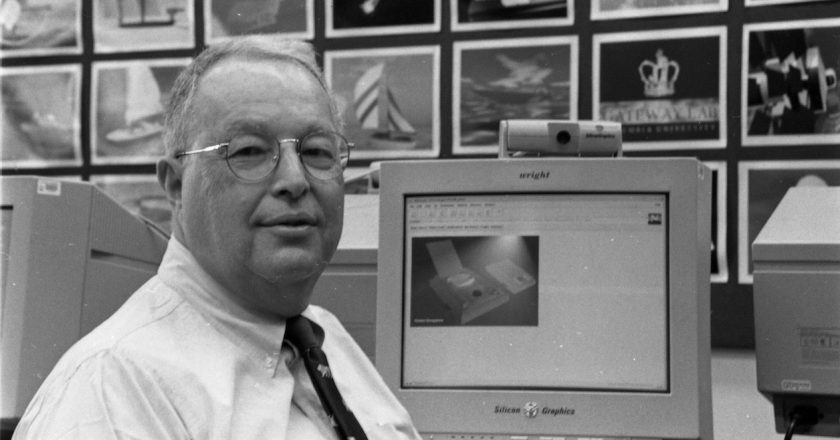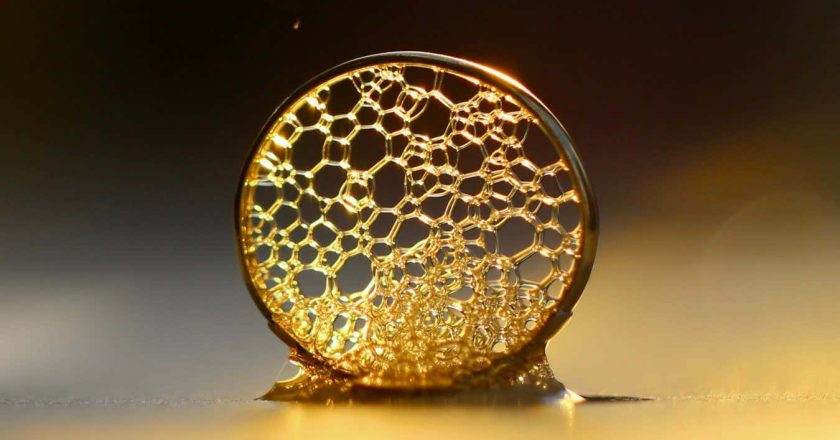The ‘impossible’ particle hinting at the universe’s biggest secrets
For over a decade, floating cranes have been lowering a strange cargo some 3000 metres under the Mediterranean Sea. The objects look otherworldly: large, shiny spheres crammed with electronics. They are, in fact, detectors for a machine called KM3NeT, designed to search for one of the most mysterious fundamental particles.
The machine is still several years from completion, so Paschal Coyle got quite a shock when, in 2023, he spotted a dramatic signal in its preliminary data. It was a neutrino, as expected, but one unlike anything ever seen before. “When I first tried looking at this event, my program crashed,” says Coyle, a physicist at the Centre for Particle Physics of Marseille, France.
KM3NeT had detected a neutrino from space that had about 35 times more en...




